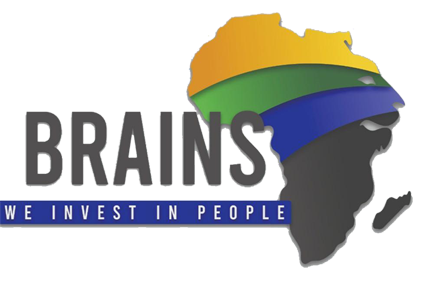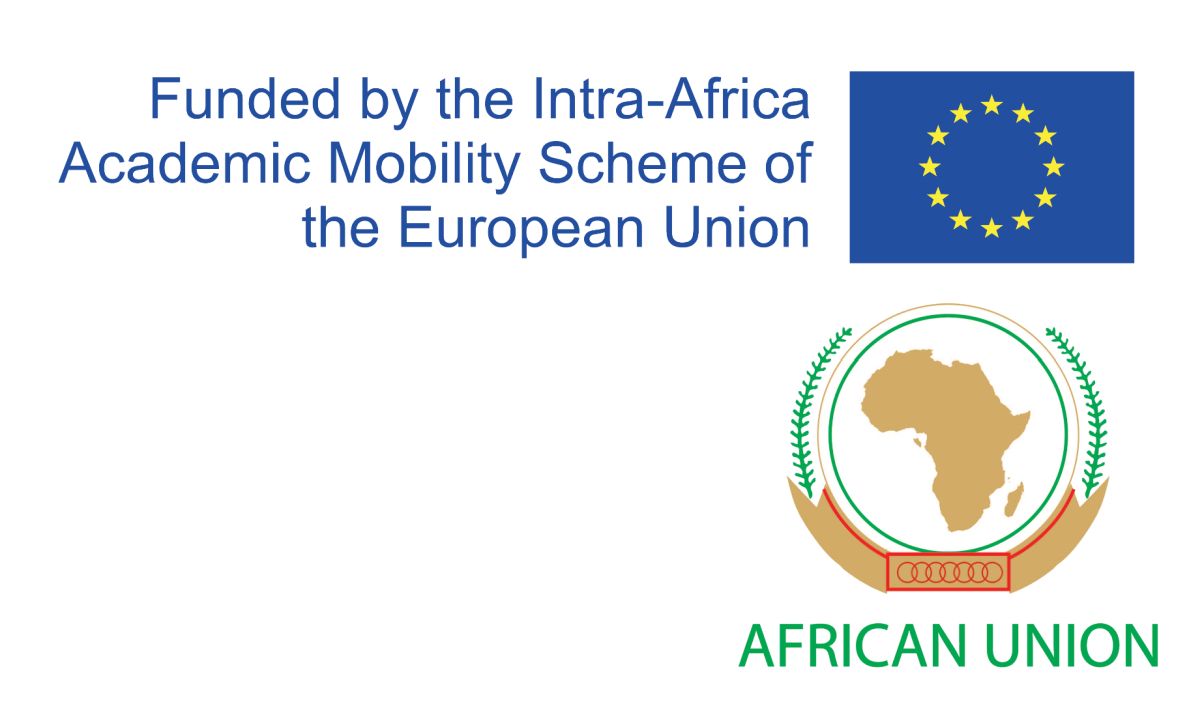
Course 1: Doctor of Philosophy in Applied Statistics
- Thematic field of study: STEM and ICT
- Duration (in semesters): 3 years
Objectives:
- To produce graduates with demonstrated ability to conduct independent research and make original contributions to the knowledge of Statistics and to interpret and present the results of such research.
- To produce statistics researchers capable of taking faculty positions in universities and leading development of statistical theories and methods for advanced applications.
- To produce graduates with advanced skills to analyze complex data sets, design large studies, work with data using the latest statistical software, and design effective research methodologies.
- To produce graduates with a broad set of professional skills including effective communication skills for both technical and non-technical audiences, creativity and originality, and grant writing skills, and the ability to interact collaboratively with researchers in applied fields.
- To produce graduates who uphold ethics in research and practice, responsible management and sustainability issues in the fields of Statistics.
Structure
• All PhD studies in the University shall normally be by research and thesis.
• The normal duration of study for PhD degree shall be three years for full-time students and six years for part-time students. The minimum duration shall be two years for full-time students and four years for part-time students. The maximum duration shall be four years for full-time students and seven years for part-time students.
• All students will normally submit their research proposals during the first year of study. Full time students shall conduct research during their second and third years of study and submit a thesis at the end of their third year of study. Part-time students shall conduct research during the second to sixth years, and submit their thesis at the end of their sixth year of study.
• All research conducted at the University by students and members of staff is subject to the University’s research policies as described in the document Research Management in the University, 2005. All PhD students and their Supervisors are required to know and abide by the relevant guidelines provided in these policies especially as they apply to intellectual property rights; conflict of interest in academic supervision and evaluation; ethics in research and research training.
• Upon admission, and throughout the study period, each student will be required to report relevant research findings in a seminar indicating progress made thus far.
• The candidate and supervisor will be expected to submit progress reports to School of Graduate Studies every six months for the duration of the programme.
• Before graduating, a PhD candidate must submit a thesis in the prescribed format. The thesis should form a distinct contribution to the knowledge of the subject; and should show evidence of originality and of the candidate’s ability to relate the subject matter of the thesis to the existing body of knowledge within the field of study. The student will normally be required to defend the thesis in an oral examination.
• Every examination for a PhD degree shall be conducted by a Board of Examiners and all of whom will have PhDs.
• Assessment of the thesis shall be done according to the laid down procedures.
• In addition to successfully defending the thesis, the candidate will be required to have three papers from the thesis published or accepted for publication in referred journals prior to graduation.
Course 2: Doctor of Philosophy in Biomathematics
- Thematic field of study: STEM and ICT
- Duration (in semesters): 3 Years
Objectives:
- To produce graduates with demonstrated ability to conduct independent research and make original contributions to the knowledge of Statistics and to interpret and present the results of such research.
- To produce statistics researchers capable of taking faculty positions in universities and leading development of statistical theories and methods for advanced applications.
- To produce graduates with advanced skills to analyze complex data sets, design large studies, work with data using the latest statistical software, and design effective research methodologies.
- To produce graduates with a broad set of professional skills including effective communication skills for both technical and non-technical audiences, creativity and originality, and grant writing skills, and the ability to interact collaboratively with researchers in applied fields.
- To produce graduates who uphold ethics in research and practice, responsible management and sustainability issues in the fields of Statistics.
Structure:
• All PhD studies in the University shall normally be by research and thesis.
• The normal duration of study for PhD degree shall be three years for full-time students and six years for part-time students. The minimum duration shall be two years for full-time students and four years for part-time students. The maximum duration shall be four years for full-time students and seven years for part-time students.
• All students will normally submit their research proposals during the first year of study. Full time students shall conduct research during their second and third years of study and submit a thesis at the end of their third year of study. Part-time students shall conduct research during the second to sixth years, and submit their thesis at the end of their sixth year of study.
• All research conducted at the University by students and members of staff is subject to the University’s research policies as described in the document Research Management in the University, 2005. All PhD students and their Supervisors are required to know and abide by the relevant guidelines provided in these policies especially as they apply to intellectual property rights; conflict of interest in academic supervision and evaluation; ethics in research and research training.
• Upon admission, and throughout the study period, each student will be required to report relevant research findings in a seminar indicating progress made thus far.
• The candidate and supervisor will be expected to submit progress reports to School of Graduate Studies every six months for the duration of the programme.
• Before graduating, a PhD candidate must submit a thesis in the prescribed format. The thesis should form a distinct contribution to the knowledge of the subject; and should show evidence of originality and of the candidate’s ability to relate the subject matter of the thesis to the existing body of knowledge within the field of study. The student will normally be required to defend the thesis in an oral examination.
• Every examination for a PhD degree shall be conducted by a Board of Examiners and all of whom will have PhDs.
• Assessment of the thesis shall be done according to the laid down procedures.
• In addition to successfully defending the thesis, the candidate will be required to have three papers from the thesis published or accepted for publication in referred journals prior to graduation.
Course 1: Masters of Science in Statistical Science
- Thematic field of study: STEM and ICT
- Duration (in semesters): 24 Months
Objectives
Objectives of the Master/Doctoral programme in relation to the identified needs and the link to the thematic field(s) proposed; etc.)
The objectives of the MSc in Statistical Science are:
- To provide the students with broad training on the general philosophy and methodology of statistical modeling and data analysis, with emphasis on applications to real-world situations in life sciences.
- To give extensive hands-on experience of analysis of real data through practical classes with particular focus on modern computationally intensive statistical methods.
- To provide students with the capacity to work independently as statisticians.
- To provide students with the ethical grounding that would give them a rational basis for performing ethical and effective statistical work in morally conducive working environments as responsible statistical practitioners.
- To prepare graduates for both research-level education in statistics and professional careers in a wide range of areas, such as academic institutions, many types of industry(pharmaceutical, agricultural, food, life science in general, oil, etc.), research institutes, financial institutions, government statistics bureaus, educational services, marketing bureaus
Structure
- The MSc in Statistical Science program will be based on Coursework, Examination, and Dissertation. The general regulations for Master’s programs at the university are applicable.
- A candidate for the MSc in Statistical Science degree will be required to do coursework and undertake a dissertation. Candidates will be required to undertake examination for the coursework modules and submit a written dissertation report in an approved applied statistics topic. In addition, candidates will be required to undergo 3 months of industrial internship to qualify for the award of the master’s degree.
- The taught part of the Programme will run for six (6) semesters, with each semester comprising sixteen (14) weeks. The industrial internship will run for twelve (12) weeks.
- Taught courses will be weighted in terms of credit hours, one credit hour is defined as 15 lecture hours. The total course loading will be sixty-six (66) credit hours, made up of
- Course Work-51 credit hours; Dissertation-12 credit hours. The industrial internship carries 3 credit hours.
- The total duration of the Programme will be 24 months split into 18 months devoted to course work; 3 months devoted to research project and dissertation; and 3 months devoted to an industrial internship.
Course 2: Masters of Science in Biomathematics
- Thematic field of study: STEM and ICT
- Duration (in semesters): 24Months
Objectives
The objectives of the MSc in Biomathematics are:
- To produce graduates with a rigorous foundation in the mathematical modeling of biological systems, and with practical ability in biomedical modeling who are well prepared for careers in the quantitative life sciences and continued graduate studies and research;
- To provide students who possess a strong mathematical background with the methods and skills necessary to apply their expertise to provide quantitative answers to practical questions arising in the field of biomedical research ;
- To provide students with a research-type experience that will lay a foundation for further research for a career in biomedical research;
- To provide students with the ethical and professional grounding that would give them a rational basis for performing ethical and effective quantitative work in biomedical research in morally conducive environments as responsible practitioners and researchers.
Structure
- The MSc in Biomathematics programme will be based on Coursework, Examination and Dissertation. The general regulations for Master’s programmes in the University are applicable.
- A candidate for the MSc in Biomathematics degree will be required to do coursework and undertake a dissertation. Candidates will be required to undertake examinations for the coursework modules and submit a written dissertation report in an approved topic.
- The taught part of programme will run for six (6) semesters, with each semester comprising fifteen (15) weeks.
- Taught course modules will be weighted in terms of credit hours, one credit hour being defined as 15 lecture hours, which will include lectures, tutorial classes, seminars, practical classes, or workshops.
- The total course load will be sixty nine (69) credit hours, made up of Course Work-54 credit hours; Dissertation-12 credit hours and industrial internship -3 credit hours.
- The total duration of the programme will be 24 months split into 18 months devoted to course work; 3-6 months devoted to the dissertation; and 3 months devoted to industrial internship.
Grow. Play. Lead. Providing opportunities for our youth to become the best in all areas of their lives.

